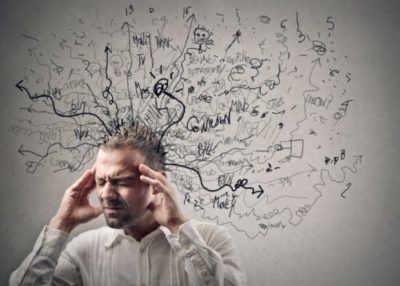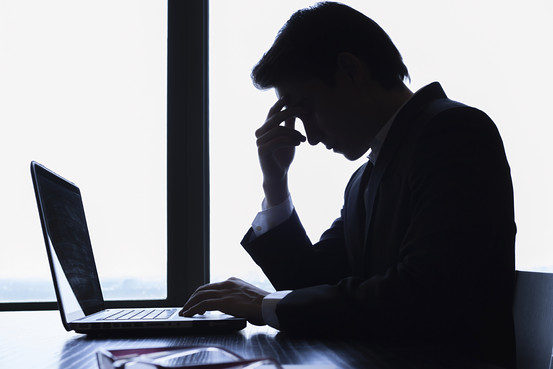Freud was of the opinion that in fear a person is responding to a specific and immediate threat to physical safety while in anxiety a person is responding to a threat that is objectless, directionless, and located somewhere far off in the future—ruination, for example, or humiliation, or decay. Daniel Smith, Monkey Mind: A Memoir of Anxiety
I spoke at Harvard Law about the challenges of living with depression and the epidemic of poor mental health in the legal profession. It was a memorable event.
Days before I am scheduled to talk, my sleep goes cuckoo. I become incredibly anxious about my speech. What if I fall flat on my face? I graduated from some third-tier law school, after all. I don’t belong lecturing at Harvard. My churning nighttime ruminations now seep into my days as the event gets closer.

















